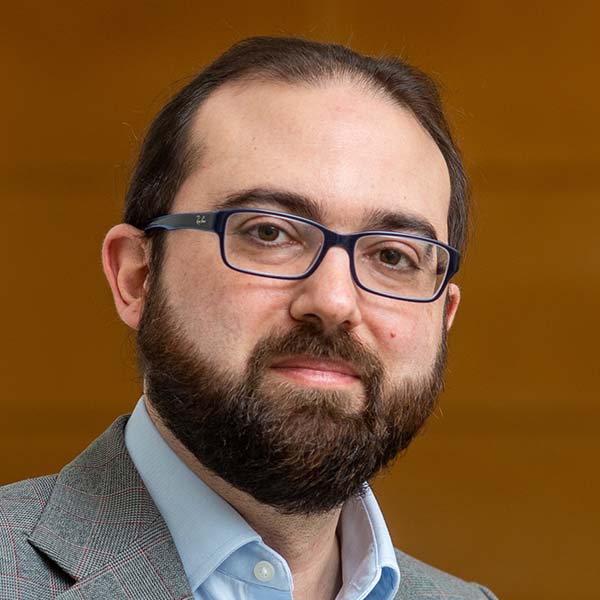Does Twitter, under Elon Musk, Need Government Regulation?

Photo by Cydney Scott for Boston University Photography
“Platforms should self-police and enforce their own terms of service,” says ENG expert. “When this doesn’t happen, the platform stops being useful to legitimate users.”
By Rich Barlow
“Fix your companies. Or Congress will.”
Senator Ed Markey (D-Mass.) minced no words in his tweet to Elon Musk after revelations that the billionaire’s latest acquisition, Twitter, may not be able to police disinformation. The most serious breach occurred when Twitter greenlighted a blue check mark of authenticity for an impostor posing as drugmaker Eli Lilly, who tweeted, “We are excited to announce insulin is free now.” That fake news was retweeted thousands of times.
Under pressure last year to adopt stricter controls, Twitter removed tens of thousands of QAnon-associated accounts and banned former president Donald Trump for incendiary insurrection-related tweets. With Musk’s takeover, followed by mass firings and resignations at the company, is Markey (Hon.’04) right that government may have to step in? And how, without violating free speech?
BU Today asked two Boston University experts, Gianluca Stringhini, a College of Engineering assistant professor of electrical and computing engineering, who studies mitigation of disinformation and other online maliciousness, and T. Barton Carter, a College of Communication professor of media science and an expert in communication law and technologies.
Read the full Q&A on BU Today.